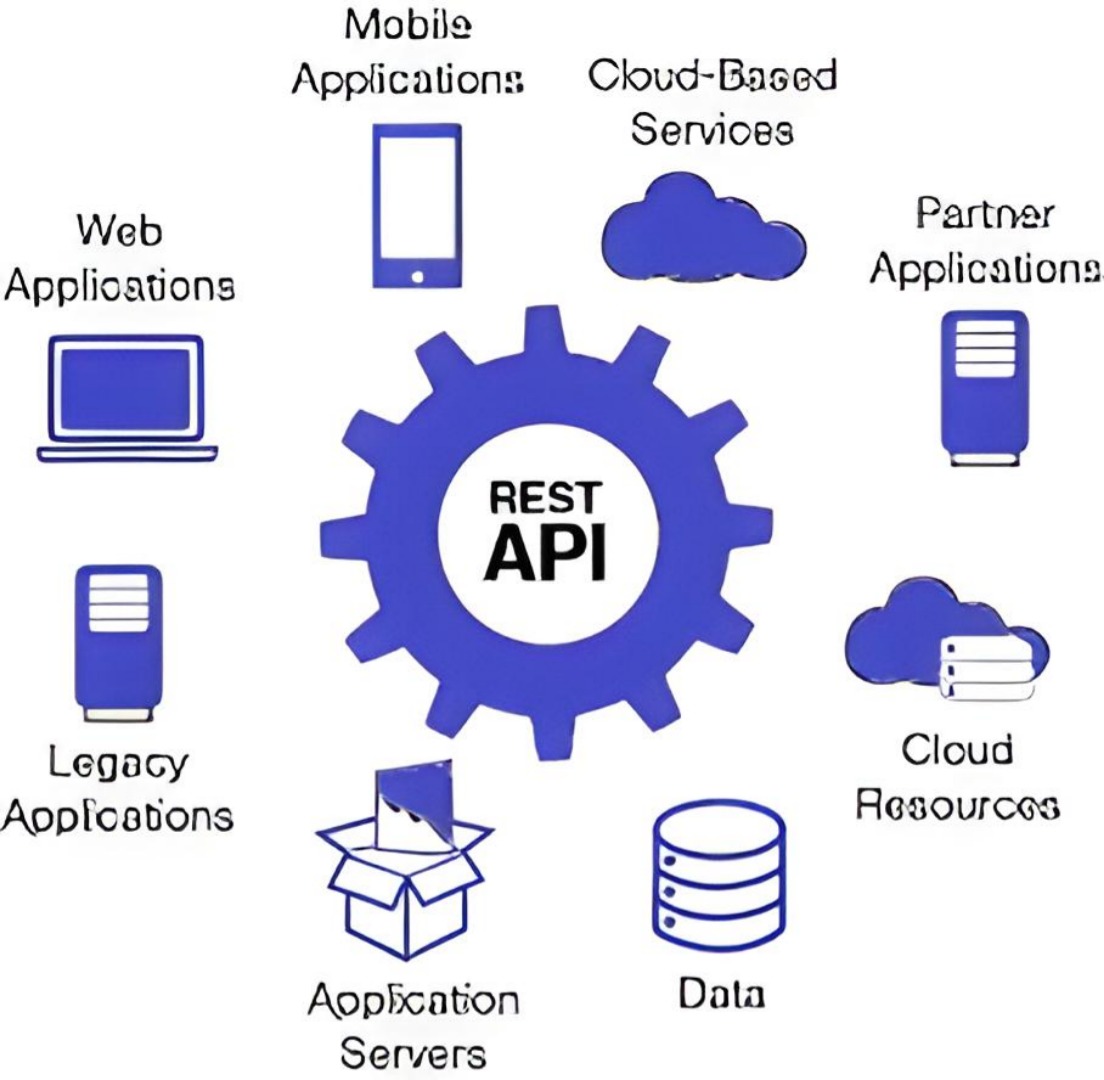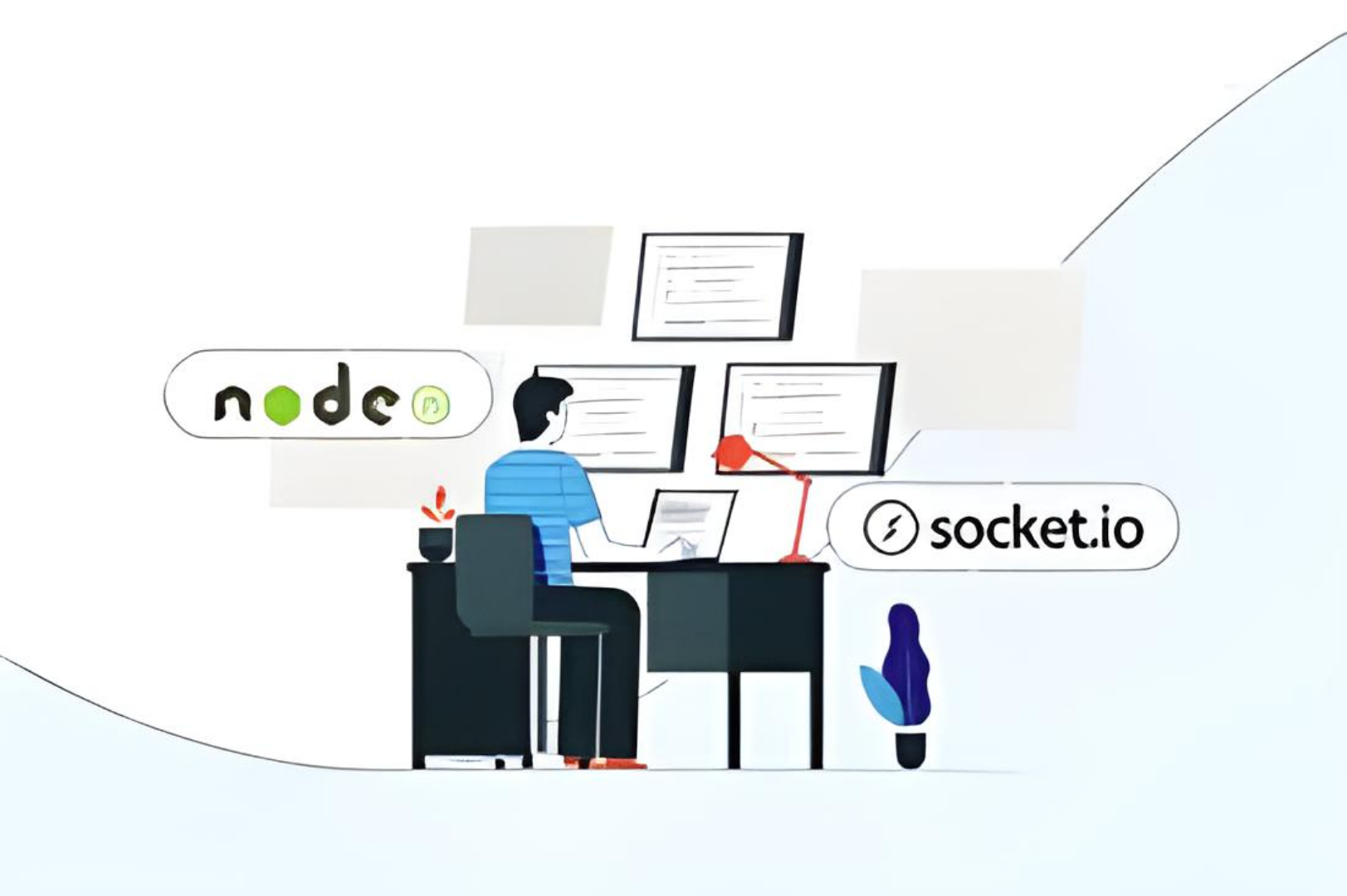
Node.js Development Service
Node.js is a JavaScript runtime built on Chrome's V8 JavaScript engine. It's widely used for building scalable, high-performance applications, especially for real-time web applications and APIs.
Key features of Node.js development service include:
- Non-blocking, event-driven architecture
- Single-threaded, asynchronous programming model
- Large ecosystem of npm packages and modules
- Support for building APIs, servers, and microservices
Express.js Framework
Express.js is a minimal and flexible Node.js web application framework that provides a robust set of features for building web and mobile applications. It's the de facto standard server framework for Node.js.
Key features of Express.js framework include:
- Middleware-based architecture for handling HTTP requests
- Routing system for defining endpoints and handling routes
- Template engines support (e.g., Pug, EJS)
- Integration with databases and third-party services


RESTful API Development
Node.js is widely used for building RESTful APIs due to its lightweight and efficient nature. With Node.js, you can create scalable and performant APIs to power web and mobile applications, IoT devices, and more.
Key features of Node.js REST API development include:
- Express.js for handling HTTP requests and responses
- JSON-based data exchange format for interoperability
- CRUD operations support (Create, Read, Update, Delete)
- Authentication and authorization mechanisms
Real-time Applications with Socket.io
Socket.io is a JavaScript library for building real-time web applications. It enables bidirectional communication between web clients and servers, making it ideal for applications that require real-time updates and collaboration.
Key features of Node.js with Socket.io include:
- Real-time event-based communication
- WebSocket protocol support for low-latency connections
- Room and namespace support for organizing connections
- Integration with Express.js for web server setup

